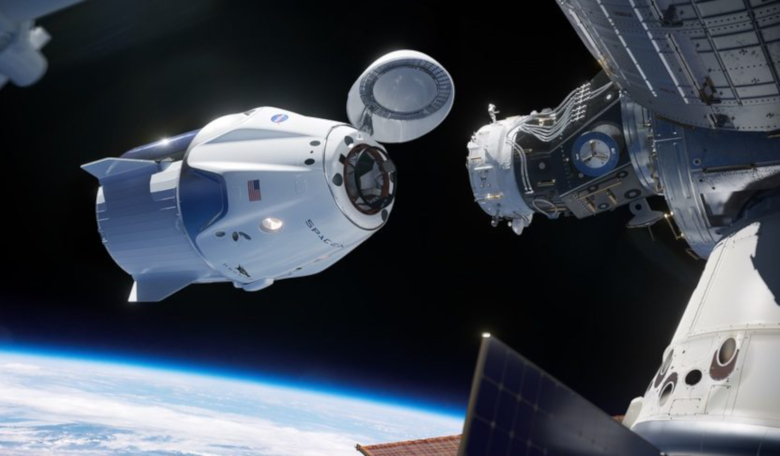The Japanese space agency (JAXA) has announced that one of its astronauts will fly on the first operational launch of SpaceX’s Crew Dragon spacecraft, possibly by the end of 2020.
In a brief statement JAXA said astronaut Soichi Noguchi had been selected for the mission, noting he was “currently preparing and training” for the flight, which will take him to the International Space Station (ISS) for six months.
Meanwhile, NASA announced it has assigned astronaut Shannon Walker to the first operational crewed flight of the SpaceX Crew Dragon spacecraft on a mission to the International Space Station.
Walker will join NASA astronauts Michael Hopkins and Victor Glover Jr., as well as Soichi Noguchi of the Japan Aerospace Exploration Agency (JAXA), for a six-month expedition aboard the unique space laboratory.
This mission will be the first in a series of regular, rotational flights to the station following NASA’s certification of the new crewed system following completion and validation of SpaceX’s test flight with astronauts, known as Demo-2. This test is expected to take place in mid-to-late May as part of NASA’s Commercial Crew Program.
Pending the successful Demo-2 test, Walker, Glover, Hopkins, and Noguchi will launch aboard Crew Dragon on SpaceX’s Falcon 9 rocket from Launch Pad 39A at NASA’s Kennedy Space Center in Florida. That launch is targeted for later this year.
Walker was born in Houston and began her career at NASA’s Johnson Space Center in Houston in 1987 as a robotics flight controller for the space shuttle with Rockwell Space Operations Co. She became a NASA employee in 1995, working on robotics and avionics hardware for the station with the program’s international partners. She also coordinated on-orbit problem resolution in the Mission Evaluation Room at Johnson and in Moscow and served as acting manager of the On-Orbit Engineering Office before NASA selected her for the 2004 astronaut class. As an astronaut, she spent 163 days as a flight engineer aboard the space station for Expeditions 24 and 25 in 2010. Walker earned a bachelor’s degree in physics and a master’s and doctorate in space physics, all from Rice University in Houston.
NASA already assigned Glover and Hopkins to the first operation SpaceX crewed mission in August 2018. This will be the first spaceflight for Glover and the second for Hopkins, who lived aboard the space station from September 2013 to March 2014 as part of Expeditions 37 and 38.
It will be the third spaceflight for Noguchi, who was a space shuttle crew member on the STS-114 mission in 2005 and a space station crew member from December 2009 to June 2010 as part of Expeditions 22 and 23.
NASA’s Commercial Crew Program is working with the American aerospace industry as companies develop and operate a new generation of spacecraft and launch systems capable of carrying crews to low-Earth orbit and to the space station. Commercial transportation to and from the station will provide expanded utility, additional research time and broader opportunities for discovery on the orbital outpost.
The station is a critical testbed for NASA to understand and overcome the challenges of long-duration spaceflight. As commercial companies focus on providing human transportation services to and from low-Earth orbit, NASA is free to focus on building spacecraft and rockets for deep space missions.











